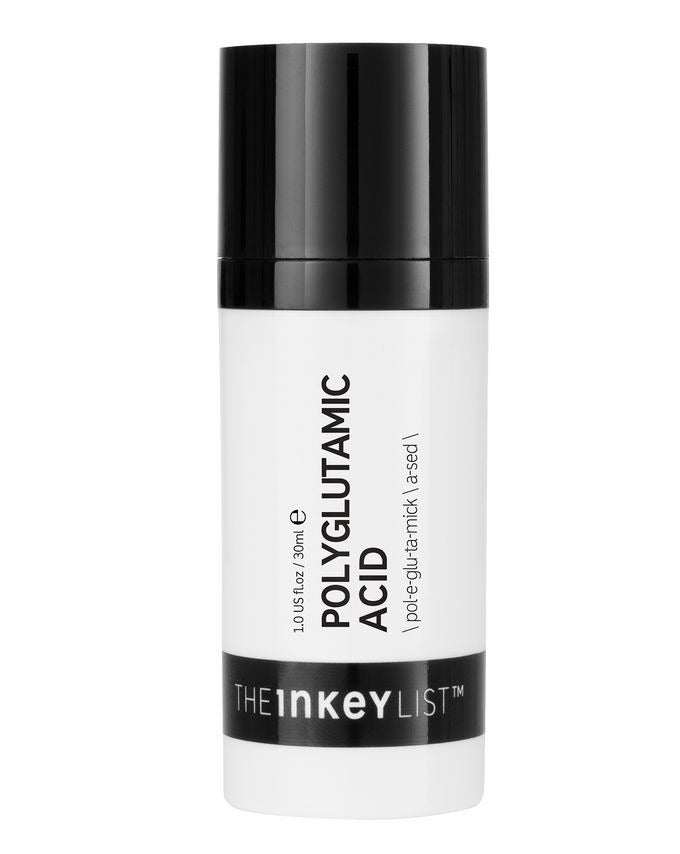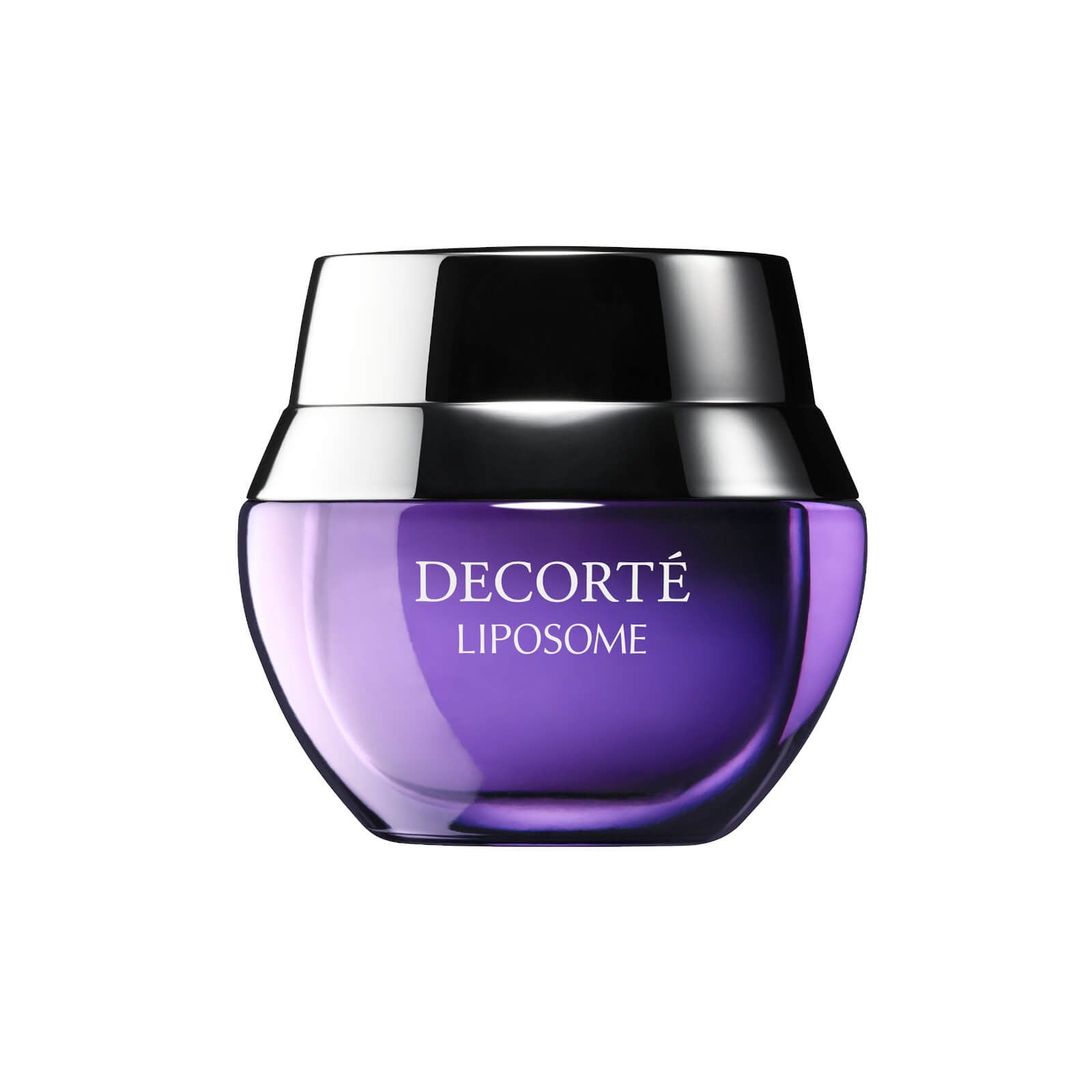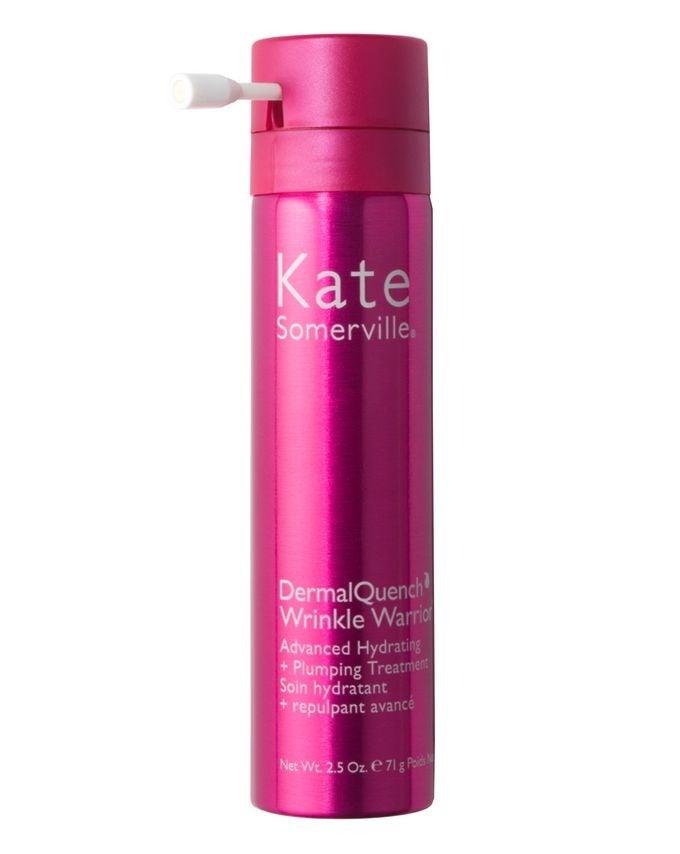If your skin starts to feel tight, you’d probably assume it’s dry. If you're experiencing breakouts, you may blame your hormones or your new foundation, while redness and inflammation must mean you’ve got sensitive skin, right? Well, according to the experts, these symptoms could be proof that your skin is simply dehydrated.
"Everything from pollution and sun exposure to wind, air-con and central heating can sap the much-needed water in our skin," explains skin expert and facialist Debbie Thomas. But contrary to popular belief, chugging down eight glasses of water a day in a bid to stay hydrated just won’t cut it when it comes to your complexion. "The key to well hydrated skin is a combination of drinking enough water and boosting the water content of your skin cells," explains Debbie. "This also means minimising water loss through your skin." That's where your skincare comes in.
AdvertisementADVERTISEMENT
Hyaluronic acid, otherwise known as HA, has been dubbed the holy grail of hydrating skincare ingredients by dermatologists and beauty editors alike. It's a humectant – a substance used to reduce the loss of moisture – can hold up to 1000x its own weight in water and occurs naturally in the skin. But for the reasons Debbie mentioned, the natural levels sometimes take a dip and need replenishing.
From serums to moisturisers, heaps of products contain the star component but there may well be a new contender to knock it off the top spot: polyglutamic acid. With the ability to hold ten times more moisture than hyaluronic acid according to experts, polyglutamic acid (or PGA) sounds like a major game changer. Derived from fermented soybean mucilage, the ingredient – which is a peptide (aka protein) – does sound a little weird, but its effectiveness has skin experts all over the globe taking note. Hailed as one of the most powerful hydrating ingredients on the market right now, PGA diminishes the appearance of fine lines and wrinkles, aids the skin's natural exfoliation process, minimises pigmentation, boosts elasticity (more so than topical collagen), and stimulates the skin's natural moisturising processes. Think of it as a jumbo glass of coconut water when you’re suffering from a next-level hangover.
"Polyglutamic acid is an exciting new ingredient that will leave skin smooth, plump and radiant," reveals cofounder of Be For Beauty and CEO of the The Inkey List, Mark Curry. "What makes it different to hyaluronic acid is that it forms a film on the skin that stops water from evaporating, so not only is it a humectant that draws more water into the cells, it holds it there too."
AdvertisementADVERTISEMENT
This doesn’t mean you've wasted your hard earned cash on hyaluronic acid serums, as Curry advocates using both HA and PGA, claiming they work in synergy with one another. "Hyaluronic acid can still be used as it will hydrate the lower levels of the skin. This has the added benefit of helping the skincare that follows to penetrate deeper. By adding PGA into the mix, you’re hydrating and plumping the top layer of skin and creating a seal that ensures maximum hydration." In other words, they're a match made in heaven for tight, dehydrated skin, peppered with fine lines and wrinkles.
Like me, you might be a little dubious. Is this simply marketing bumf used to sell us more skincare, or is the use of these two humectants the optimum formula for hydrated skin? As a huge fan of HA, I wasn’t sure you could get anything better but independent clinical trials prove that PGA is the real deal. And it's not as obscure an ingredient as you might think. Brands such as It's Skin, Zelens and STARSKIN have formulated serums, masks and moisturisers with the wonder ingredient, combined with AHAs for exfoliation, vitamin C for brightening and protecting against pollution, and niacinamide to even out skin tone.
I decided to put Mark's double-pronged theory to the test. What struck me off the bat was the difference in texture compared to hyaluronic acid. My go-to HA serum is super watery, while the PGA serum I tried (Inkey List Polyglutamic Acid, £12.99, launching 7th March on Cult Beauty) is more gel-like. I could really feel the silky film it left on my skin. That said, it can be used instead of a moisturiser and makes for an impressive makeup primer too. After three weeks of twice-daily use (morning and evening), I’ve been converted. My skin looks glowing and feels stronger and plumper. The random irritation I’d get out of nowhere seems to have subdued, too. So although polyglutamic acid might not be stealing hyaluronic acid's crown anytime soon, it most certainly makes for the perfect partner.
Refinery29's selection is purely editorial and independently chosen – we only feature items we love! As part of our business model we do work with affiliates; if you directly purchase something from a link on this article, we may earn a small amount of commission. Transparency is important to us at Refinery29, if you have any questions please reach out to us.
AdvertisementADVERTISEMENT









